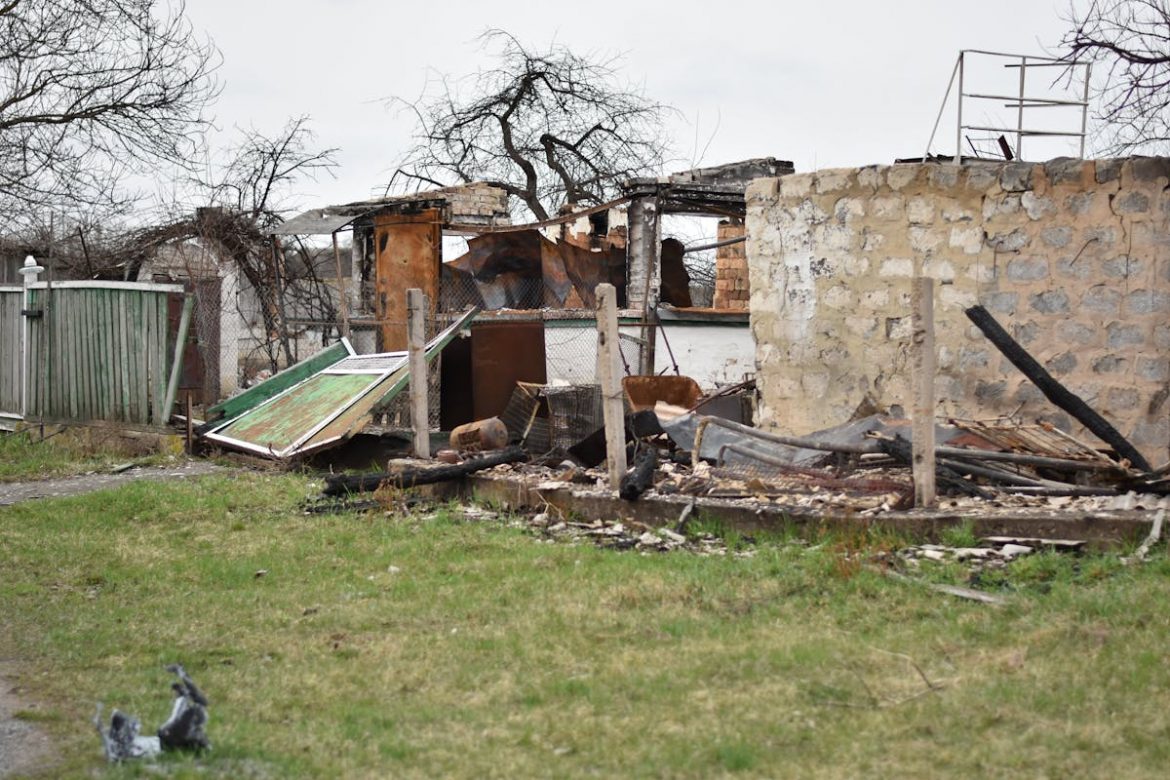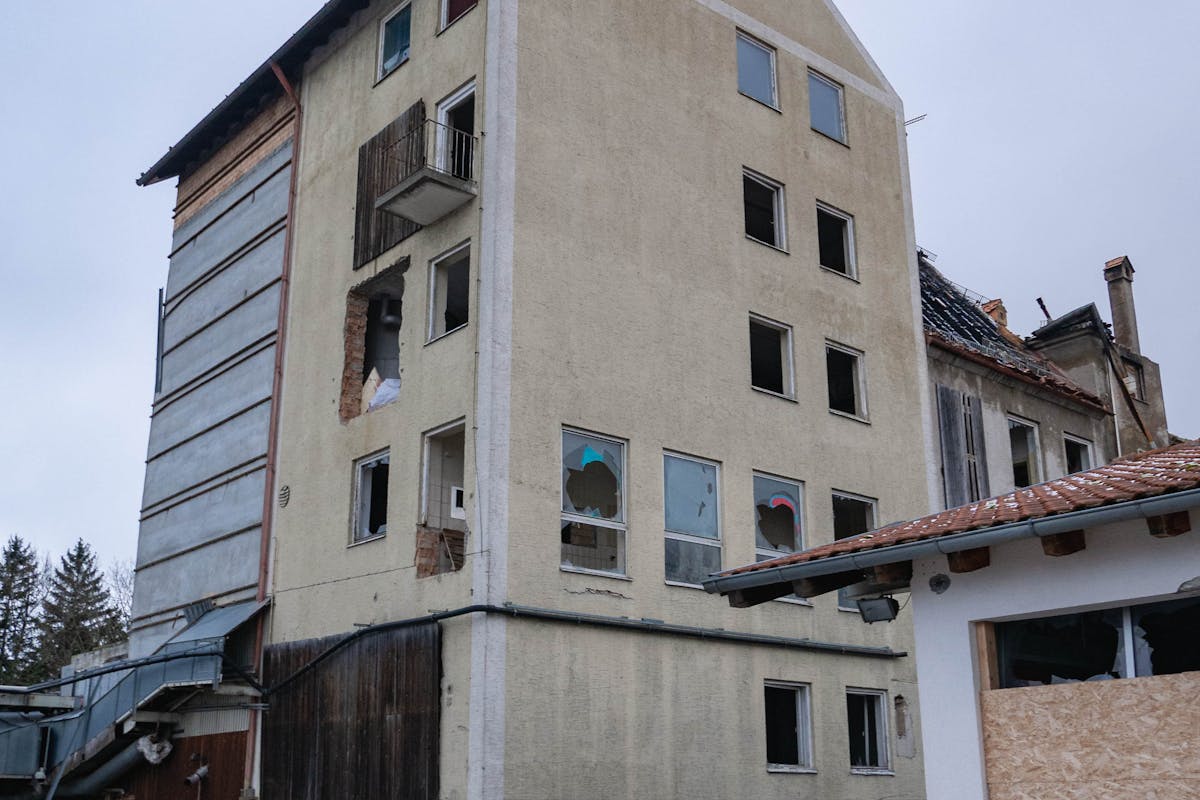
- Empowerment through preparation: Secure property insurance, protect vital documents, and create individual emergency plans and maintenance checks.
- Methodically assess property damage post-disaster with professional help, document for insurance claims, and prioritize personal safety.
- Seek financial assistance via government programs, nonprofits, and crowdfunding to alleviate the costs of rebuilding efforts.
- Hire experienced, trustworthy contractors for home restoration, ensuring quality repairs and safeguarding against future disasters.
- Emphasize emotional well-being alongside physical rebuilding through support systems, self-care, and community engagement post-disaster.
As a homeowner, facing a natural disaster can be daunting. The aftermath of such an event can leave you feeling overwhelmed and unsure of where to begin when it comes to rebuilding your home and your life. However, with the proper knowledge and resources, you can empower yourself to rebuild and thrive after a disaster.
This guide will provide you with the tools and tips to navigate the process of rebuilding your home and moving forward confidently.
Prepare for the Unexpected
Preparing for the unexpected is the first step in empowering yourself as a homeowner. Ensure you have insurance coverage that protects against natural disasters such as floods, earthquakes, hurricanes, or wildfires. Keep important documents like insurance policies, property deeds, and personal identification in a secure location that is easily accessible in an emergency. Create an emergency kit with food, water, medications, and first aid supplies.
Disaster Action Plan
In addition to securing important documents and creating an emergency kit, it is crucial to have a disaster action plan. This plan should include designated emergency contact information, evacuation routes, and predetermined meeting places. Familiarize yourself with local emergency procedures and shelters. It is also wise to regularly undertake home maintenance checks and reinforce structures to withstand natural disaster forces, such as anchoring the roof or retrofitting foundations.

Assess the Damage
After a disaster strikes, it’s crucial to assess the damage to your home before beginning any repairs or renovations. Hire a professional inspector to evaluate the structural integrity of your property and identify any safety hazards that need immediate attention. Take detailed photos of the damage for insurance purposes. Keep records of all communication with insurance adjusters throughout the claims process.
Thorough and Systematic
When assessing the damage to your property, be thorough and systematic. Start outside your home, checking for visible signs of damage, such as cracks in the foundation, missing roof shingles, or warped siding. Moving inside, look for water damage, broken windows, and compromised walls and floors.
Disrupted Utilities
Take note of disrupted utilities, such as gas, water, and electricity, and engage with professionals to restore these services safely. During this process, prioritize your safety and avoid any unstable structures or potential hazards. If the damage is extensive, consider seeking temporary housing until the home is deemed safe to inhabit again. You can create a realistic and effective restoration plan after a comprehensive assessment.
Secure Financial Assistance
Rebuilding after a disaster can be expensive, but resources are available to help homeowners recover financially. Research government assistance programs, grants, low-interest loans, and community organizations that support those affected by natural disasters. Work closely with your insurance company to understand your coverage limits and negotiate fair settlements for repairs or replacements.
Nonprofits and Relief Organizations
In addition to government programs, consider contacting local nonprofits and relief organizations for financial assistance. These groups often provide aid in the form of grants that don’t need to be repaid and offer support services like counseling and legal advice.
Crowdfunding
Crowdfunding platforms can also be viable for raising funds, allowing community members and even strangers to contribute to your rebuilding efforts. It’s essential to keep thorough records of all donations and aid received, as they may impact your tax situation or other assistance eligibility. Always consult a financial advisor or tax professional to manage these funds effectively and avoid potential issues.
Hire Reliable Contractors
When it comes time to rebuild your home, hiring reputable contractors with experience working on post-disaster restoration projects is essential. Ask for recommendations from friends or family members who have gone through similar experiences or consult online reviews from trusted sources. Get multiple quotes from different contractors before making a decision, and ensure all agreements are written before work begins.
Proper Repairs and Renovations
Working with reputable contractors ensures proper repairs and renovations, avoiding scams or shoddy work that could put you at risk of future disasters. For instance, you should work with a company offering reliable residential glass repair services for window repairs. Choosing the right contractors will give you peace of mind, knowing your home is being restored correctly.
Focus on Emotional Recovery
Rebuilding your home is not just about physical repairs; it’s also about emotional healing and resilience. Surround yourself with a support system of friends, family members, counselors, or support groups who can provide emotional support during this challenging time. Practice self-care activities like exercise, meditation, journaling, or spending time outdoors to reduce stress levels and promote mental well-being.
Comfort and Support
Engaging with community resources can be a significant source of comfort and support as you navigate the emotional landscape post-disaster. Many communities offer post-disaster counseling sessions, workshops on coping strategies, and group activities to bring together those who’ve faced similar losses. Participating in community events facilitates healing and helps rebuild the social fabric weakened by the disaster.
Empowering homeowners to rebuild and thrive after a disaster requires preparation, resilience, and resourcefulness. By following these comprehensive guidelines and seeking out available resources in times of need, homeowners can overcome challenges posed by natural disasters and emerge stronger than ever. Remember that you are not alone in this journey – reach out for help when needed and take one step at a time towards rebuilding your home and restoring your sense of security.